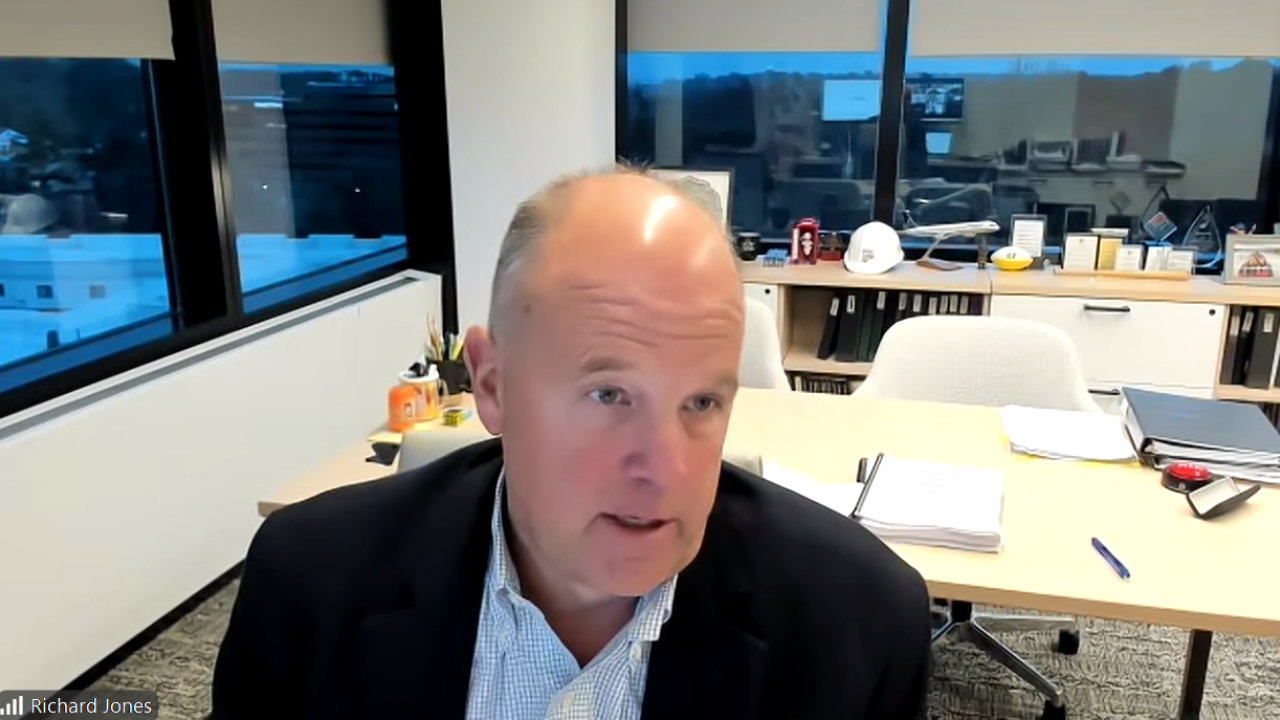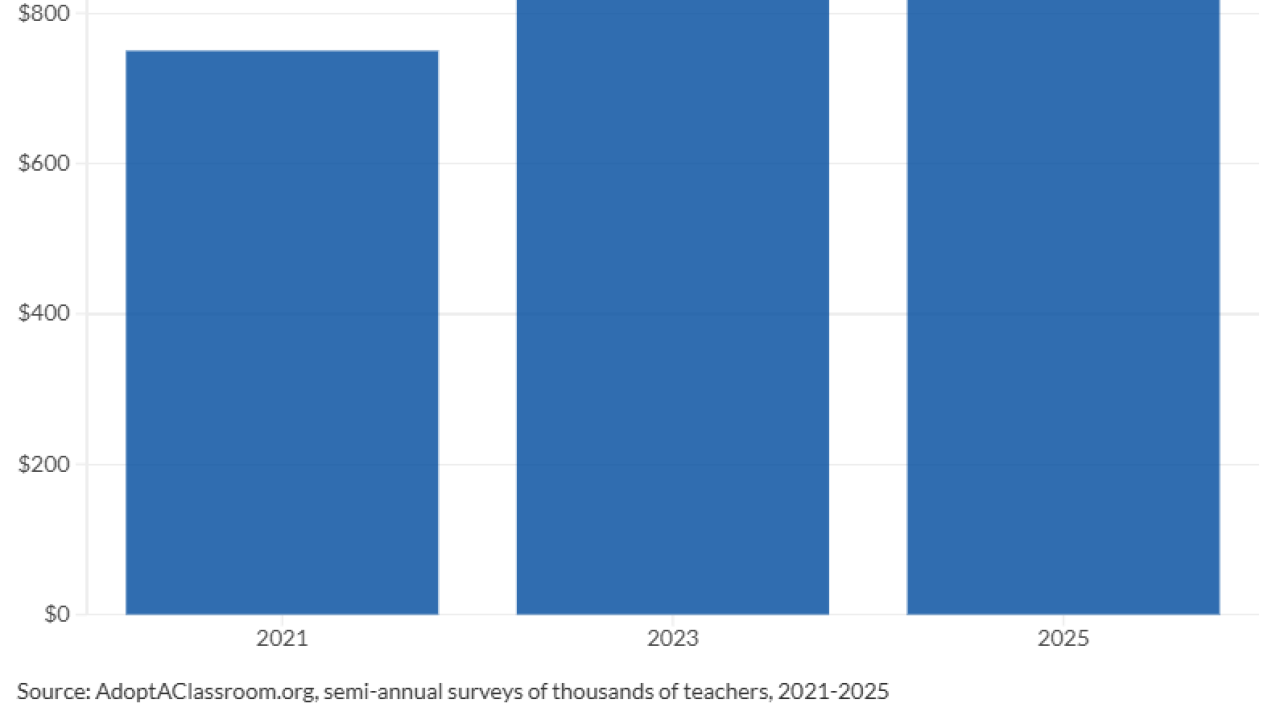How many of you have heard this accounting joke before: "How do you spot an extroverted accountant? They're the ones who look at your shoes instead of their own."
Many of our friends laugh at us when we say we are in the business of hiring accounting graduates. After all, how hard can it be to hire "nerds" who don't want social interaction, they think? Many of the hiring managers we work with are looking for more than just math and technical skills for the accounting graduates they recruit. AI is increasingly handling the repetitive number crunching that junior staffers used to do.
More and more firms are looking for candidates (including recent grads) to have well-defined people skills they can develop to build client relationships, bring in new business and become firm leaders. Firms also want candidates to have critical reasoning skills and not just be "robots" who follow processes and procedures blindly without questioning or interpretation. Here are some of the other gaps and deficiencies they tell us they're seeing among new graduates they hire:
- They have good college grades, but when they come onboard, they are slow learners.
- They rush to make decisions based exclusively on data. They don't look at the big picture to see if the decision is sensible.
- They can't prioritize when confronted with multiple assignments and deadlines.
- They are afraid to ask questions when they're unsure about something.
- They are so insecure that they ask superiors for confirmation every few minutes.
- They want seniority and responsibility without putting in the effort to earn it.
With a talent shortage likely to face our profession for the foreseeable future, recent college accounting graduates are the most likely source of new hires. But many firms are also looking at older "second career" candidates — say former teachers and administrators — to fill the talent pipeline.
Second-career candidates tend to be more patient and mature than recent grads, and they're better attuned to how a professional office culture works. But with no relevant college grades to consider, and a longer and more expensive training program needed to get them up to speed, it's even more important to ensure second-career candidates have the aptitude for the position you're trying to fill. Otherwise, it's going to be a miserable road for both parties … and potentially very costly. Our data shows that a bad hire costs a firm around 100% of the employee salary, but more than that, it creates stress for owners and the team, lowers morale and compromises delivery of client work.
How to identify the best candidates (or at least know the caliber of those hired)
It comes down to two important attributes:
- Are they critical thinkers?
- Do they have a working style that matches the role?
If you can check off both boxes with confidence, there's a high probability that the candidate will work out.
There are a variety of ways firms have traditionally tried to measure these attributes including assessment centers, group planning exercises and presentations. But the easiest and most accurate method is to use science-based pre-hire testing — specifically critical reasoning tests and personality profiles.
Critical reasoning tests
Ability tests, like our firm's
- Make sense of data and transform numbers into useful insights;
- Understand complex information and separate fact from noise; and,
- Adapt to new ideas and grasp concepts outside their experience.
Strong scores in the areas above, combined with good college grades, mean you're on track for a good hire who is numerically literate and will learn fast. The table below can help. It outlines key questions that your team wants to be sure of, what a critical reasoning ability test will uncover, and the risks you face if an issue goes undetected. For a deeper dive, see
Source: Accountests 2025
Personality profiles
Different firms look for different attributes, but in this age of AI, we need our accountants to be better communicators. It's the personal connection and empathy that clients are willing to pay for more so than number crunching and filling in boxes. That's where the "Big Five" personality traits — openness to experience, conscientiousness, extraversion, agreeableness and neuroticism — come in. The traits, often known by the acronym OCEAN, describe an individual's behavior, emotions and thinking patterns, and are often used to predict life outcomes like job performance and well-being. Here's more about
Three of the five profile areas can be especially useful for evaluating recent graduates:
- Do they have a client service orientation? (Agreeableness)
- Do they have resilience and can cope with stress? (Neuroticism)
- Do they cope well with change, and will embrace new technologies like AI? (Openness)
Source: Accountests 2025
There are so many more areas that a Big Five profile can identify — just think of leadership potential, suitability to work remotely, ability to manage multiple projects, ability to sell, possession of ethics and drive.
A good personality profile will help you identify a candidate's preferred working style. It doesn't tell you how they will work, as people can work against their preferences. If you see challenges in a profile, your task during the interview is to dig down and see if the candidate recognizes them and how to deal with them.
Why would you take chances hiring a candidate who will not match your expectations? Getting hiring right every time is critical to the success of your firm. Use all the tools available to ensure your team is the best it can be.





